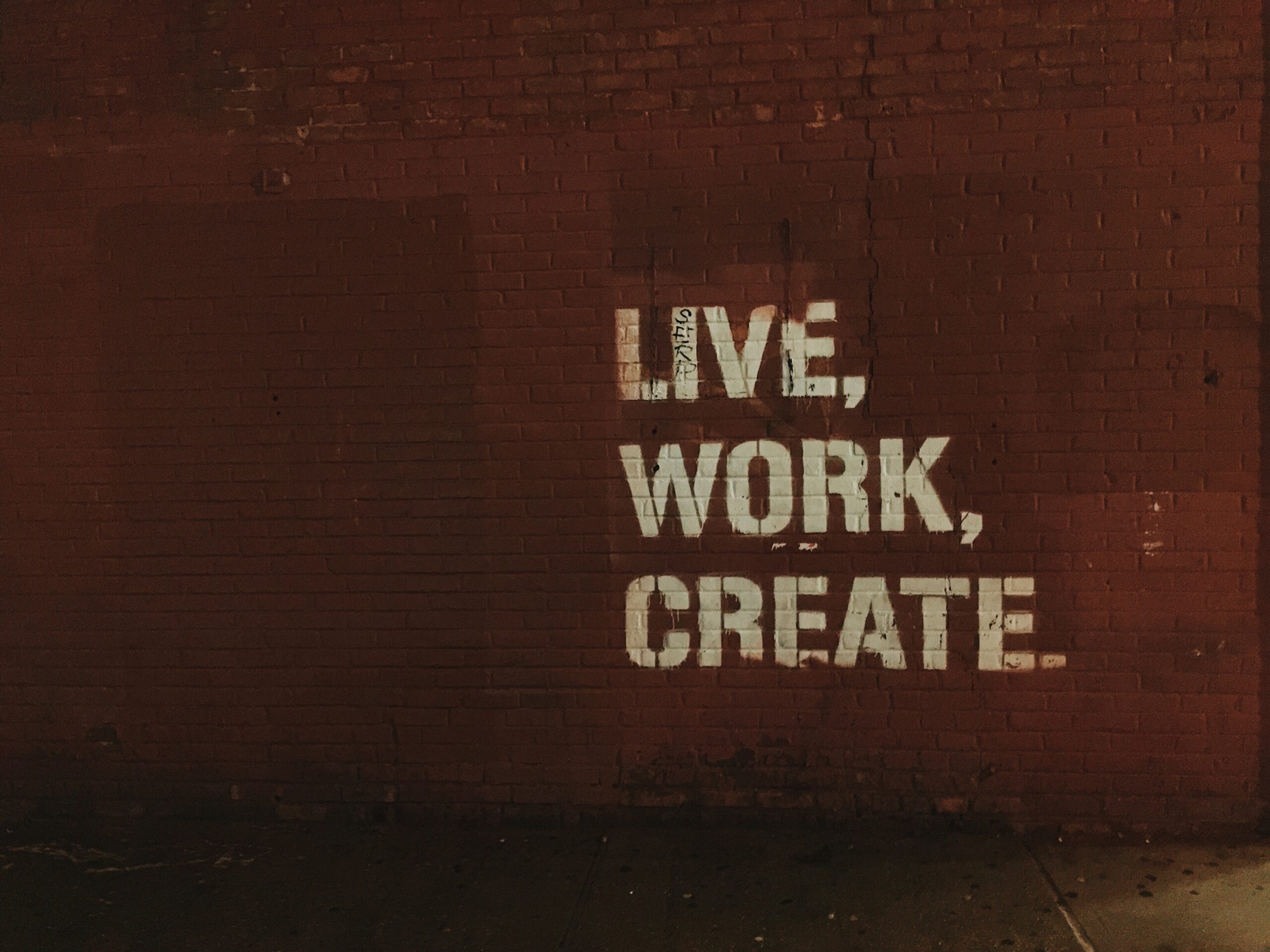What Do Americans Say Are The Biggest Factors for Success?
Hard work? Lucky breaks? Help from others? Support from society? The American Communities Project/Ipsos 2023 Survey asked more than 5,000 Americans to rank order these contributors to success in America. More than two-thirds of Americans, 68%, said hard work and grit was the No. 1 contributor to success. At least 59% in each of the 15 community types felt the same way. This signals Americans largely continue to believe the American Dream of working hard to get ahead operates today.
Hard Work and Grit
But geographical variations are evident, and the divide between the most urban and the most rural communities is glaring. In the most sparsely populated areas — Aging Farmlands and Native American Lands — nearly 80% said hard work and grit was the No. 1 contributor to success. Other rural areas, including Rural Middle America and Evangelical Hubs, 73% shared this view. In Big Cities, 59% said hard work was No. 1, and in Urban Suburbs and College Towns, 63% said so. In Urban Suburbs, multicultural, affluent communities teeming with young professionals, many have expressed that working hard is not enough to get ahead. In College Towns, many are weighed down by student loans and employment challenges after graduation.
Support from Society and Institutions
On the flip side, 16% of College Town residents said support from society and institutions was the No. 1 contributor to success — the most of all the county types. This may be because they experience institutional support daily. Diversified, stratified Big Cities were close behind at 15%. In the rural African American South, where the median Black population is 43%, 14% of residents felt society and institutional support was the No. 1 contributor to success. Compare that to rural Aging Farmlands and Evangelical Hubs, where 4% and 6% of residents said support from society and institutions was No. 1.
What may seem most unusual is the small percentage of Military Post residents, 6%, who said that support from society and institutions was the No. 1 factor for success, considering that many residents are employees of a prominent governmental institution, some for many years. However, the military has been beleaguered by two decades of war, and the Departments of Defense and Veterans Affairs have been under scrutiny at various points for not attending to the social and health challenges military personnel face.
Help from Others
Help from others as the No. 1 contributor to success was lower across the board, at 8%, but notably popped higher in Working Class Country at 14%. These less-diverse communities concentrated in Appalachia are known for a close-knit, helping culture. Native American Lands are also known for their helpful habits in community, but just 4% of residents here said help from others was the No. 1 contributor to success, the lowest of the 15 community types. These communities have long been underserved and riven with health, socioeconomic, and educational inequities over generations.
Lucky Breaks or Circumstances
Ten percent of Americans said lucky breaks or circumstances was the No. 1 contributor to success. Military Posts were highest at 14%, followed closely by Urban Suburbs and Big Cities at 13% each. Notably all three are known for their particularly diverse populations among American communities. At the other end of the spectrum, just 5% of residents in Native American Lands said lucky breaks or circumstances was No. 1.
